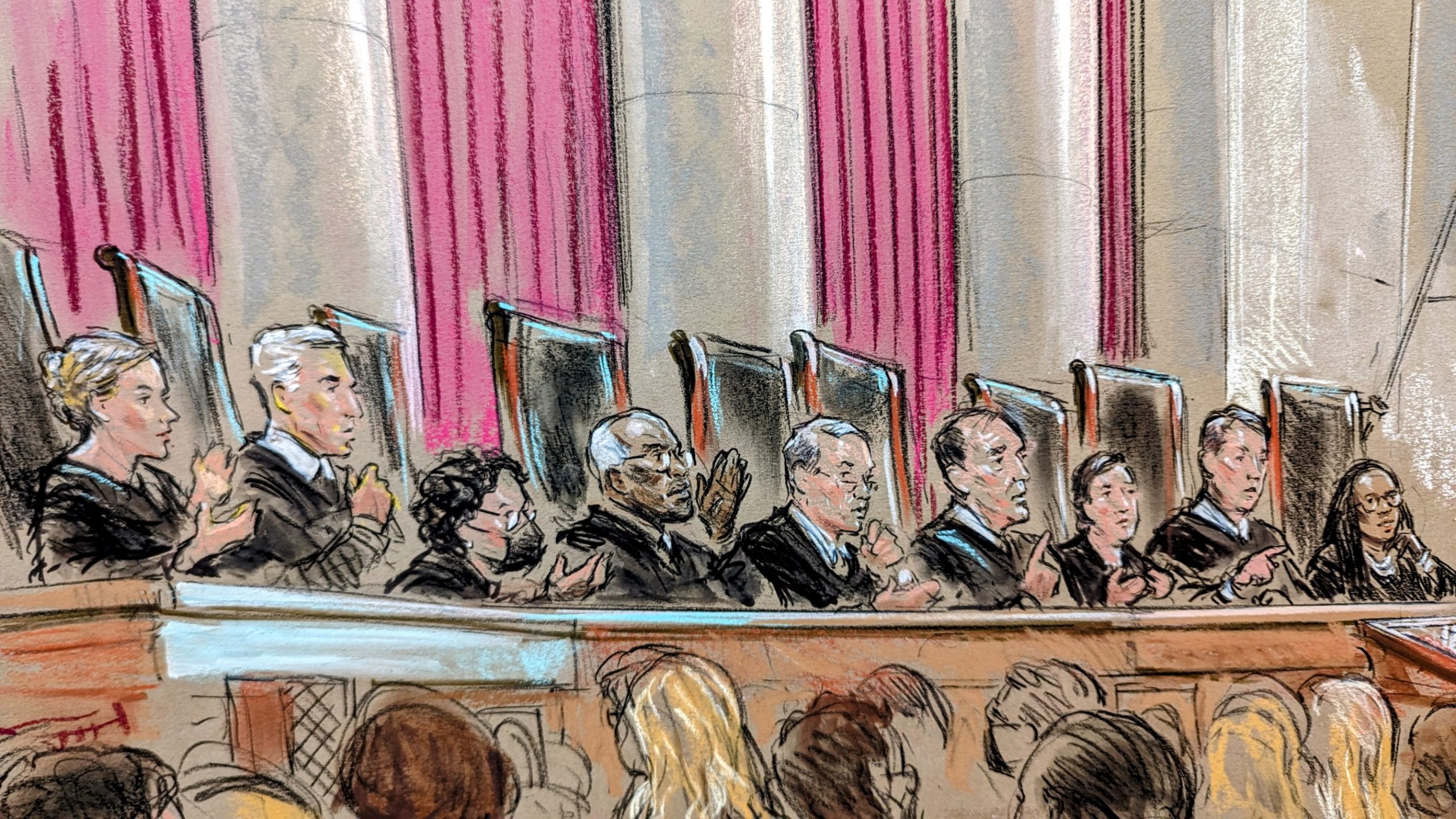- Messages
- 34,566
- Reaction score
- 5,847
- Points
- 288
What Is A "Liberty Interest" And Why Does The Due Process Clause Protect It?
Once again, Justice Thomas raises questions the other Justices simply do not wish to answer.
Welcome to the PMBug forums - a watering hole for folks interested in gold, silver, precious metals, sound money, investing, market and economic news, central bank monetary policies, politics and more.
Why not register an account and join the discussions? When you register an account and log in, you may enjoy additional benefits including no Google ads, market data/charts, access to trade/barter with the community and much more. Registering an account is free - you have nothing to lose!


 www.scotusblog.com
www.scotusblog.com

Ambulance Hits Cyclist Then Charges Him $1,800 For Trip To The Hospital - Jalopnik
A cyclist in Oregon was struck by an ambulance last year and the thoughtful rescue service scooped him and took him to the hospital, charging me $2,000 for the trip, of course.jalopnik.com


 www.scotusblog.com
www.scotusblog.com

 www.scotusblog.com
www.scotusblog.com

 www.scotusblog.com
www.scotusblog.com


 www.scotusblog.com
www.scotusblog.com
 reason.com
reason.com

Philadelphia Businesses Call on City Council to Recall Business Curfew Legislation - Institute for Justice
PHILADELPHIA—Today, a group of Philadelphia business owners and grassroots advocates from the Institute for Justice (IJ) called on the Philadelphia City Council to recall an […]ij.org


 www.scotusblog.com
www.scotusblog.com

 www.scotusblog.com
www.scotusblog.com

 www.scotusblog.com
www.scotusblog.com


 www.scotusblog.com
www.scotusblog.com

 www.scotusblog.com
www.scotusblog.com
